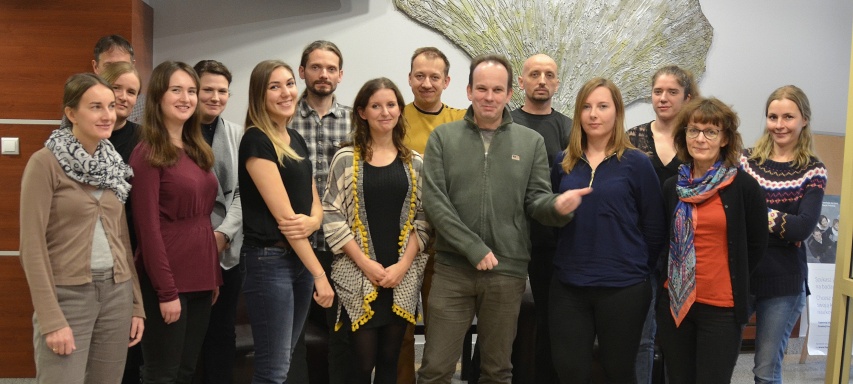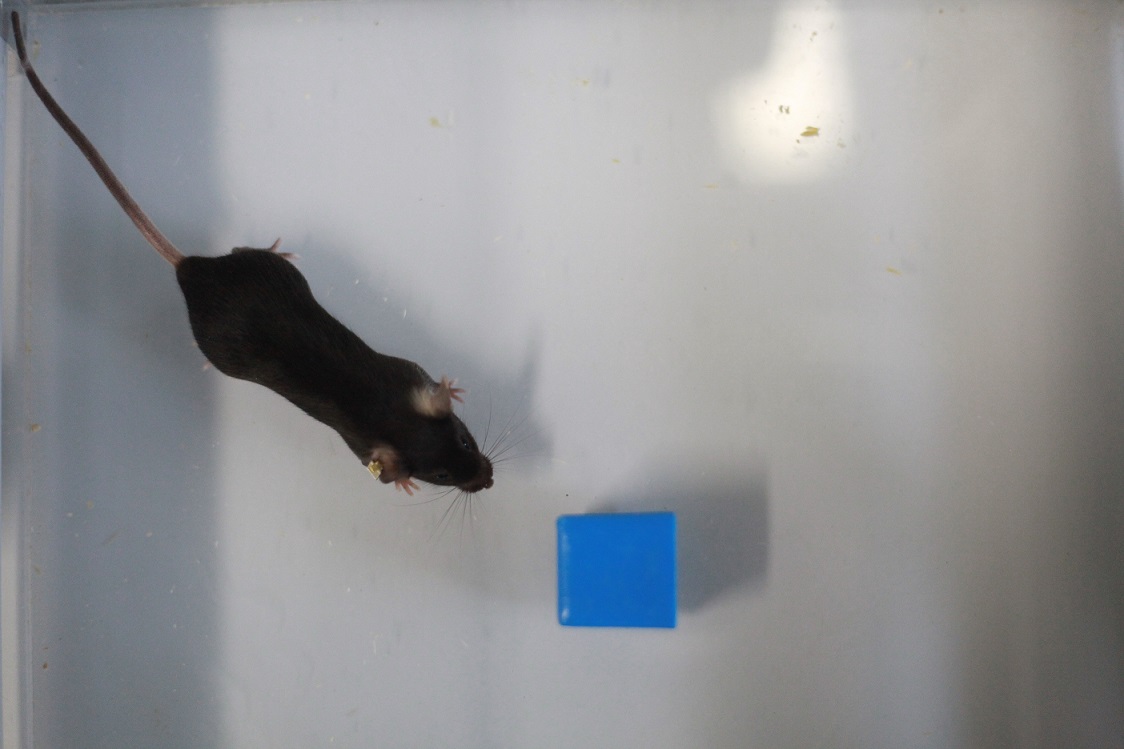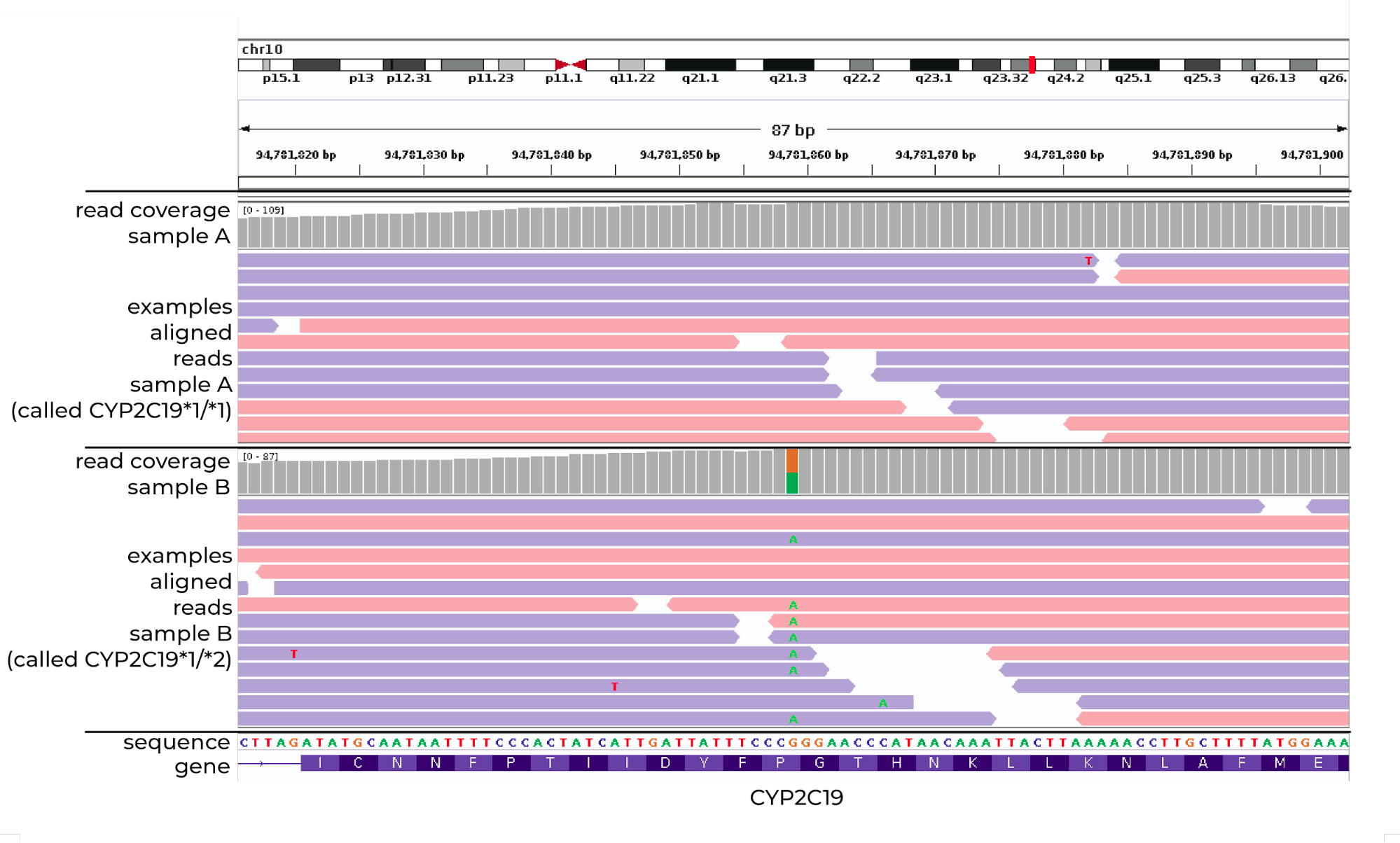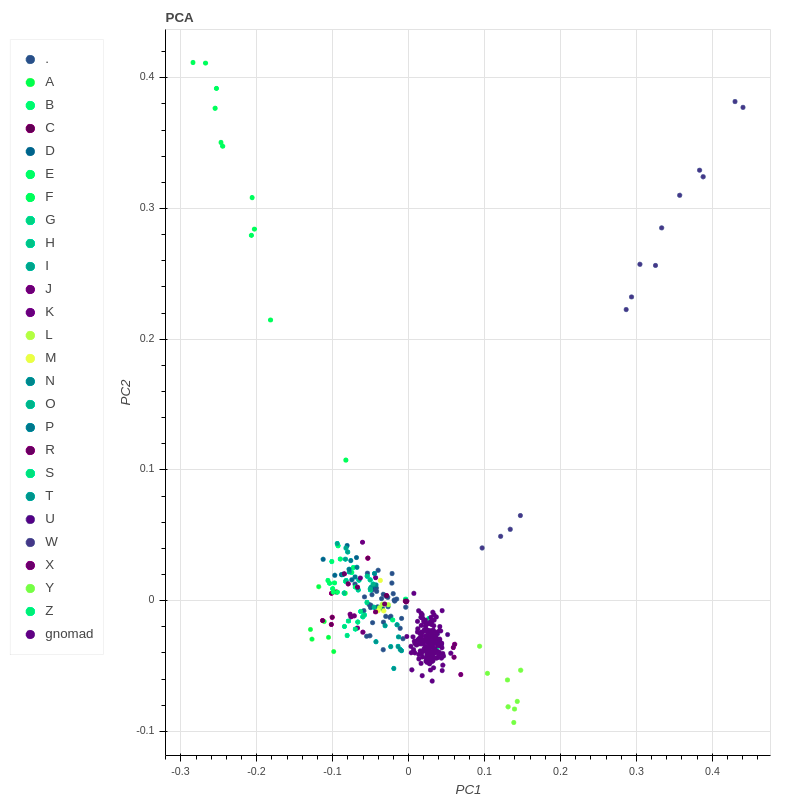Department of Molecular Neuropharmacology

Scientific profile
- About department
- Employees
- Laboratories
Our research focuses on three areas: the reward system of the brain, the molecular mechanisms of drug action, and neuro-pharmacogenomics.
The reward system of the brain encompasses all brain areas involved in reward-driven behaviors, with the mesolimbic dopamine system at the core. We have been studying the mechanisms involved in the plasticity of dopaminergic and dopaminoceptive neurons, and also the role of endogenous opioids in signaling rewards.
As the name of the Department implies a large part of our research focuses on the cellular and the molecular mechanisms of actions of psychotropic drugs, also with an emphasis on opioids. We hope that elucidating molecular signatures of drug action will lead to the identification of mechanisms essential for their therapeutic effects.
In recent years we have also been involved in neuro-pharmacogenomics, searching for associations between genetic background, neuropsychiatric disorders, and the effectiveness of pharmacotherapy. We use next-generation sequencing to discover novel common as well as rare genetic variants associated with drug effectiveness and safety. This is of particular interest in psychiatry due to large interindividual differences in therapy responses.




Professor Jan Manuel Rodriguez Parkitna, dr hab.
Head
Employees
Professor Ryszard Przewłocki, dr hab.
Michał Korostyński, dr hab.
Marcin Piechota, dr
Ganna Shayakhmetova, dr
Małgorzata Borczyk, dr
Sławomir Gołda, dr
Zofia Harda, dr
Alla Voronina, dr
Barbara Ziółkowska, dr hab.
Łukasz Szumiec, mgr
Lidia Radwan, mgr
Jacek Hajto, mgr
Klaudia Misiołek, mgr
Magdalena Ziemiańska, mgr
Mateusz Zięba, mgr
Employees
Michał Korostyński, dr hab.
Marcin Piechota, dr
Małgorzata Borczyk, dr
Jacek Hajto, mgr
Mateusz Zięba, mgr
Achievements
- Publications
- Grants
- Awards
Grant
The developmental changes in the endogenous opioid system associated with altered sensitivity to reward during adolescence
Klaudia Misiołek, MSc
Grant
Kappa opioid receptors integrate neuronal signaling involved in social behavior
Professor Jan Manuel Rodriguez Parkitna, PhD
Award
The Jerzy Konorski Team Award for the best study in neurobiology conducted in Poland awarded every year by the Polish Neuroscience Society and Committee of Neurobiology of the Polish Academy of Sciences
Professor Jan Manuel Rodriguez Parkitna, PhD
Gastrointestinal peptides in children before and after hematopoietic stem cell transplantation
Skoczeń, S., Rej, M., Kwiecińska, K., Pietrys, D., Tomasik, P.J., Wójcik, M., Strojny, W., Dłużniewska, A., Klimasz, K., Fijorek, K., Korostyński, M., Piechota, M., Balwierz, W.
DOI: 10.1186/s12885-020-06790-9
Opposite regulation of piRNAs, rRNAs and miRNAs in the blood after subarachnoid hemorrhage
Morga, R., Borczyk, M., Korostynski, M., Piechota, M., Hoinkis, D., Golda, S., Dziedzic, T., Slowik, A., Moskala, M., Pera, J.
DOI: 10.1007/s00109-020-01922-x
Cocaine administration and its abstinence conditions modulate neuroglia
Gawlińska, K., Frankowska, M., Gawliński, D., Piechota, M., Korostyński, M., Filip, M.
DOI: 10.3390/ijms21217970
Genetic Signature of Acute Lymphoblastic Leukemia and Netherton Syndrome Co-incidence—First Report in the Literature
Skoczen, S., Stepien, K., Mlynarski, W., Centkowski, P., Kwiecinska, K., Korostynski, M., Piechota, M., Wyrobek, E., Moryl-Bujakowska, A., Strojny, W., Rej, M., Kowalczyk, J., Balwierz, W.
DOI: 10.3389/fonc.2019.01477
Inflammatory Responses Induced by the Rupture of Intracranial Aneurysms Are Modulated by miRNAs.
Korostynski M, Morga R, Piechota M, Hoinkis D, Golda S, Dziedzic T, Slowik A, Moskala M, Pera J
DOI: 10.1007/s12035-019-01789-1
Astrocytes determine conditioned response to morphine via glucocorticoid receptor-dependent regulation of lactate release.
Skupio U, Tertil M, Bilecki W, Barut J, Korostynski M, Golda S, Kudla L, Wiktorowska L, Sowa JE, Siwiec M, Bobula B, Pels K, Tokarski K, Hess G, Przewlocki R
DOI: 10.1038/s41386-019-0450-4
Systemic response to rupture of intracranial aneurysms involves expression of specific gene isoforms.
Korostynski M, Piechota M, Morga R, Hoinkis D, Golda S, Zygmunt M, Dziedzic T, Moskala M, Slowik A, Pera J
DOI: 10.1186/s12967-019-1891-6
Decoding the transcriptional programs activated by psychotropic drugs in the brain
Magdalena Zygmunt, Marcin Piechota, Jan Rodriguez Parkitna, Michał Korostyński
DOI: 10.1111/gbb.12511
Genetic Profile and Clinical Implications of Hepatoblastoma and Neuroblastoma Coexistence in a Child.
Skoczen S, Stepien K, Krzysztofik M, Luszawska T, Hnatko-Kolacz M, Korostynski M, Piechota M, Kolanek K, Wyrobek L, Wysocka K, Gorecki W, Balwierz W
DOI: 10.3389/fonc.2019.00230
Expression of alternatively spliced variants of the Dclk1 gene is regulated by psychotropic drugs
Magdalena Zygmunt, Dżesika Hoinkis, Jacek Hajto, Marcin Piechota, Bożena Skupień-Rabian, Urszula Jankowska, Sylwia Kędracka-Krok, Jan Rodriguez Parkitna, Michał Korostyński
DOI: 10.1186/s12868-018-0458-4